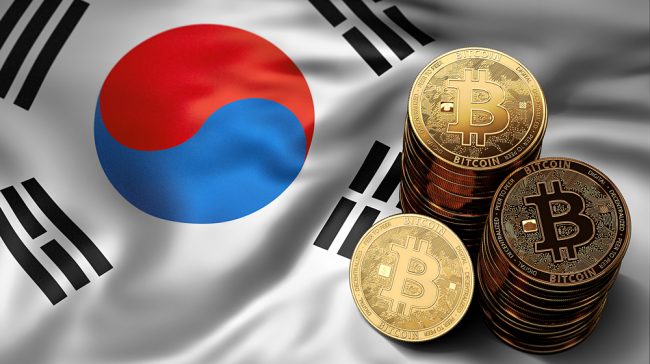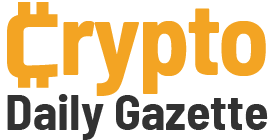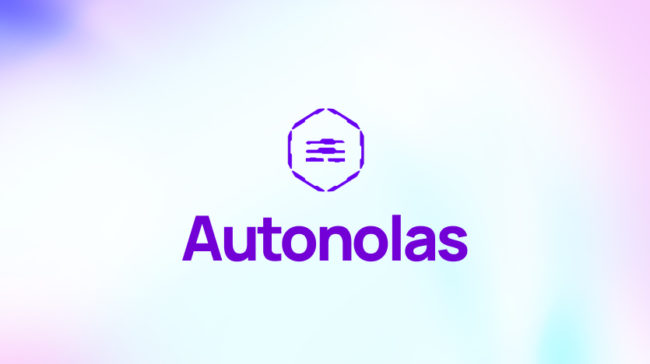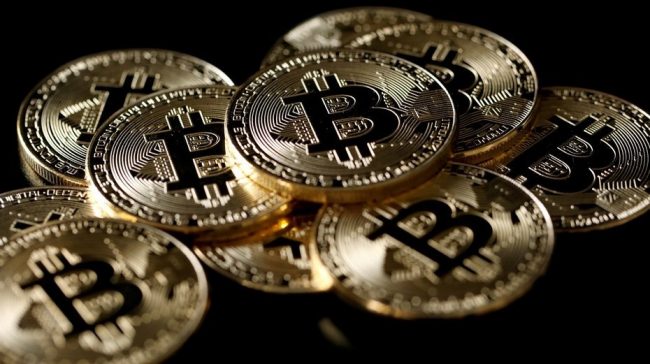
The South Korean government is in the process of issuing significant new industrial classification standards for the national blockchain and cryptocurrency sectors, as reported by the national newspaper The BChain today, July 5th.
South Korean government works on coming up with new classification standards for blockchain technologies
Reportedly, the Korean ministries from the National Bureau of Statistics, the Ministry of Science and Technology, and the Ministry of Information and Communication have been engaged with the work on the new classification standards since the end of June. They hope to finally release the draft of the new classification systems for the blockchain businesses by the end of July.
The new draft is expected to provide a foundation for policy-making, especially concerning “regulatory and promotion frameworks for blockchain,” and encompasses areas such as the development of blockchain systems, the decentralized applications (DApps) development, and cryptocurrency exchanges and trading platforms, among others.
The BChain publication informs that the measure is “the first time” when the South Korean government has acknowledged the emerging blockchain and cryptocurrency sectors as legal industries.
The South Korean authorities’ draft also addresses the blockchain technologies implementation in other sectors of the industry
The South Korean government has segmented the industrial classification structure into three sub-sectors, with ten additional subdivisions under the direction of the South Korea Uniform Industrial Classification (KSIC). The branches contain in-depth considerations of blockchain-based infrastructure for DApps, including Ehtereum (ETH), EOS (EOS), and NEO (NEO), cloud computing based blockchain technologies, and cryptocurrency mining.
Today’s news arrives at a turning point for the South Korean cryptocurrency world where some recent cryptocurrency hacks have demanded more stricter measures from the Korean authorities. The draft also addresses the blockchain technologies implementation in the already-established industries, such as finance, security, insurance, copyright management, supply chain management, medical services and software development.




